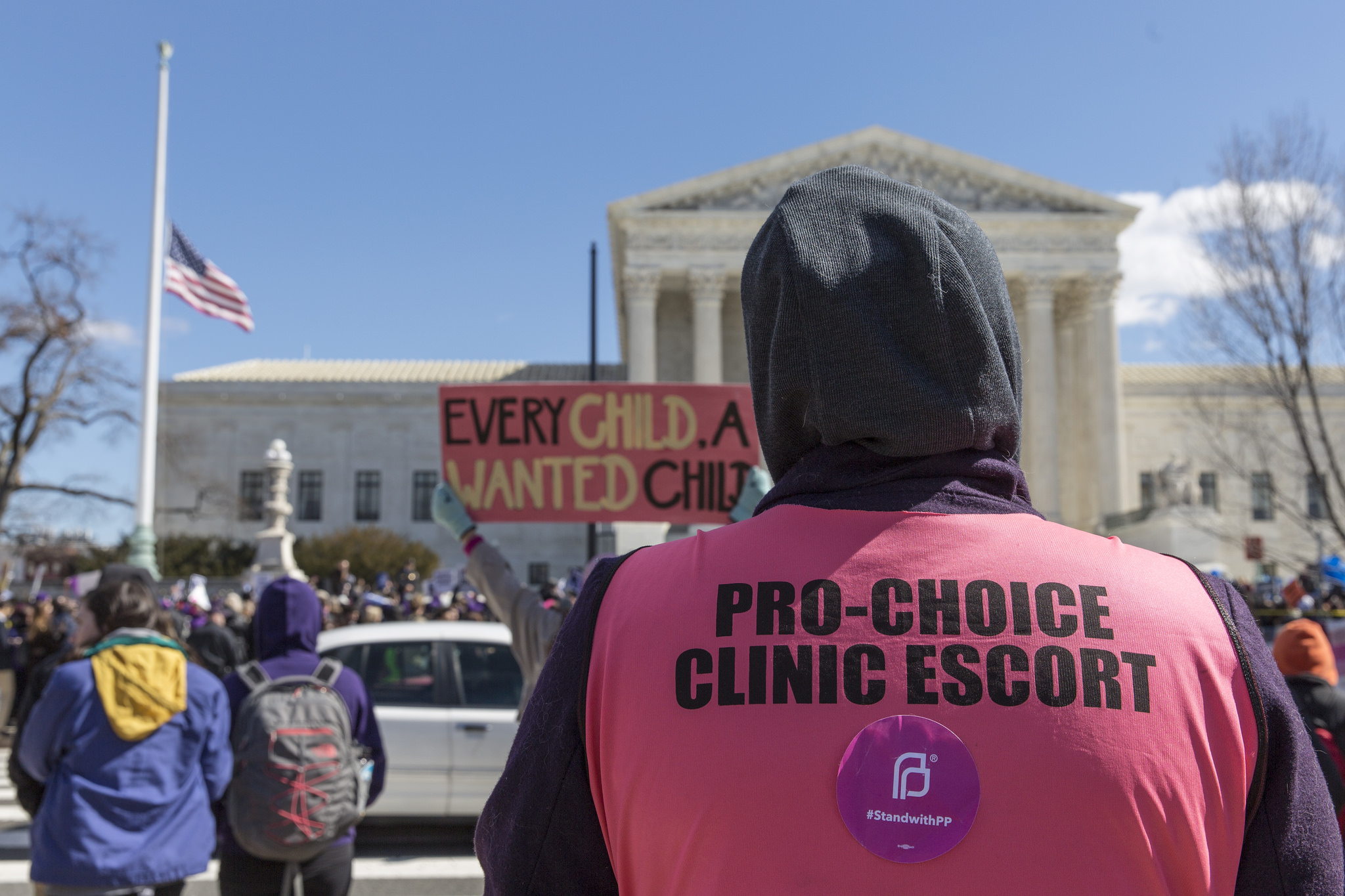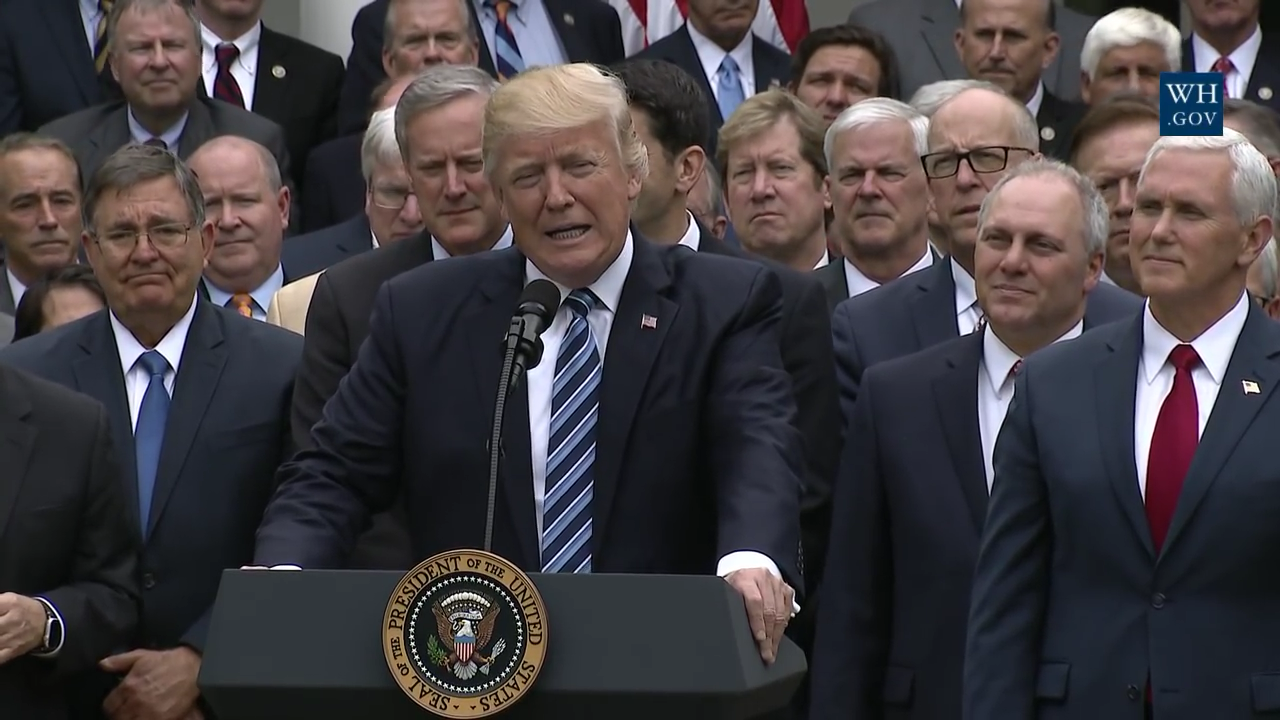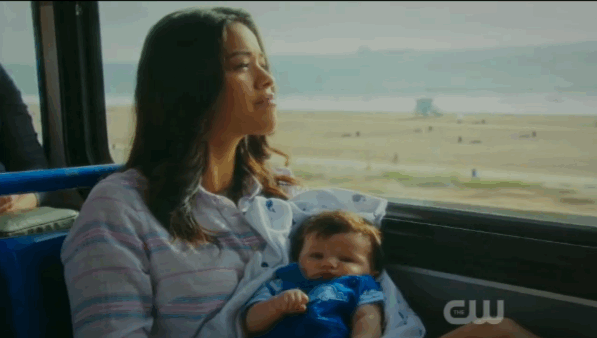The Whole Woman’s Health Case: 3 Years Later
“It is beyond rational belief that H.B. 2 could genuinely protect the health of women, and certain that the law ‘would simply make it more difficult for them to obtain abortions.’”
These are the powerful words of Justice Ruth Bader Ginsburg from the Whole Woman’s Health v. Hellerstedt decision in 2016. This week, we’re celebrating three years since that case made clear that laws shutting down abortion clinics under the guise of “protecting women’s health” create an unconstitutional undue burden on those who need abortion care.
Or, as I like to summarize that decision, duh.

Whole Woman’s Health is the law of the land, but in the wake of an ever-increasing onslaught of abortion restrictions and bans, it’s clear state lawmakers are either blatantly ignoring it, or purposely passing laws in order to challenge it.
To help make sense of the decision and where we are now, we talked to Sharon Lau, current Midwest Advocacy Director at Whole Woman’s Health Alliance, and former Director of Clinical Services at Whole Woman’s Health, LLC. Our conversation touched on the two-year-long fight to open an abortion clinic in South Bend, Indiana—which just opened its doors yesterday—and how Whole Woman’s Health and the ongoing attempts to delay, restrict, or outright ban abortion have collided.
This interview has been edited for length and clarity.
JH: What did the WWH decision mean to you, your staff, and your patients?
SL: “We were so excited to have a victory for us, but also for the whole movement. It struck down laws that were in the pipeline in numerous states, and now we can use that as a precedent to try to strike down laws that are already on the books in several other states. It’s great for the patients that we serve when there are less barriers to access, but it’s also good for the movement overall.”
JH: In 2016, when WWH was decided, what did abortion access in Indiana look like? How many abortion providers were there? Did things change after WWH?
SL: “There were six clinics providing abortions before 2016, and that’s been the status quo for the last several years. The previous South Bend clinic closed around 2014, so there hadn’t been a clinic in South Bend at all. Three of the other clinics were in Indianapolis, one was in Bloomington, one was in Merrillville, and one was in West Lafayette, which only provided medication abortion—and those are quite far distances from South Bend. We now, having opened yesterday to patients, are the seventh clinic, and the only one in that area of the state.”
JH: It took two years to open your clinic. What was that process like, and why did it take so long? Did the Supreme Court’s decision in WWH have any effect on your efforts?
SL: “We filed our original application with the state in 2017. No one had tried to open a clinic in several years; Planned Parenthood had done it previously, and they filed to open a medication-abortion-only site. We basically did the exact same thing; we asked for a waiver to Indiana’s law, which says you cannot perform abortions unless they’re in a surgical center. Because we only wanted to do medication abortions, and Planned Parenthood had done that previously (and been accepted), we asked for this waiver.
The state denied our license based on us being “not a reputable or responsible character.” We appealed that decision, and our case was heard. The judge agreed with us and ruled that the state should issue us our license; she said we provided everything they asked for, and we didn’t withhold any information. The Health Department of the State appealed our victory, and it went before a panel of three judges. That panel ruled 2-1 to overturn the previous ruling, and not issue us the license.
In the meantime, we filed a comprehensive lawsuit against the state—using the Whole Woman’s Health Supreme Court decision as a precedent—to overturn a host of TRAP laws [Targeted Regulation of Abortion Providers] and other regulations, including the licensing requirement. This lawsuit is currently moving forward, but of course, it takes time.
In the arguments during the appeal, the Health Department had said on a couple of different occasions that we should just re-file a new application for the license—implying that that would solve the problem. We decided to file a new license, and they still have not ruled on that license at all. They came back with the same things they did the first time: asking for thousands of pages of documents that we did not think were relevant whatsoever. It became clear that they were never going to issue us the license, and that’s when we decided to pull out the licensing piece from the comprehensive lawsuit and file for a preliminary injunction [a way to temporarily keep the status quo during a trial, before final judgment].
We went to federal court and asked the judge to rule on a preliminary injunction for the licensing, while the rest of the lawsuit moved forward. The judge ruled in our favor, and she ordered we could open without the license. We started planning to open!
The State appealed that decision again, it was denied, but they have now appealed again to the Seventh Circuit. We are still allowed to operate under the preliminary injunction, but on July 11th, there will be another oral argument against our clinic. Between now and then, we are operating as if we will stay open, and we hope it stays that way.”
JH: How did the politics surrounding abortion access in the state of Indiana play into the pushback in the process to open this clinic?
SL: “It clearly was political, and the judge saw that. No other medical providers or doctors have to have a special license to open their practices. Our doctors and nurses are licensed just like any other practice, we are subject to health laws, the state can come in at any time and inspect us… It’s political, and the argument that they used to deny the license was clearly political as well. This is why no one has tried to open a clinic in the state of Indiana in years and years.
I don’t think they want abortion at all in their state, but there’s not much they can do about the clinics that are already there. Given that we basically submitted the exact same application as Planned Parenthood submitted years prior, and we were denied while they weren’t, it was obviously political. They just don’t want to provide access.”
JH: How have the attacks on abortion access this summer – including the extreme abortion bans passed in other states across the country – affected your work?
SL: “I think in Indiana, I don’t know if it’s had much of an impact. We have just been moving forward with our case and situation with the health clinic.
But I was also working in Illinois, where we passed a great bill, and I think that, in a positive way, was a direct result of those horrible bans. It provided momentum in the state, where legislators thought, ‘Oh my gosh, we can’t let this happen in Illinois.’ That bill had been stuck for a little while, and when the bans in Alabama happened, it was able to get passed before the end of their session. Silver lining, I guess.”
JH: How do you see the South Bend Whole Women’s Health Clinic fitting into this current moment, of unprecedented attacks on abortion, alongside efforts to ensure everyone has reproductive health care access?
SL: “We have taken a pretty proactive role in filing lawsuits to overturn bad laws; we currently are involved in lawsuits in Indiana, Virginia, Texas, and Minnesota. One of our priorities is eradicating stigma and improving access, so through using our case as a precedent in places where we have standing is important to us.
For a lot of providers, it’s expensive to be a plaintiff. It requires legal fees, hours of staff time, and more, so it’s understandable that a lot of clinics can’t take on that role. It’s a priority for us to take on these battles.”
JH: Why do you do the work that you do, given the attacks you face?
SL: “Ever since I was a college student, I always felt like having physical control over your personal being is the only thing we are guaranteed in life. Especially when women don’t have control over their bodies and their reproduction, it impacts every part of our existence, and the ability to have the freedom and the future that we want.
That’s really the bottom line for me.
Also, moments like finally being able to open the South Bend clinic. It feels like a big victory for us, as well as for the community in Northern Indiana. We’ve had a ton of community support; Pro Choice South Bend and a group of physicians in the area have been with us every step of the way. We are all celebrating together.”




